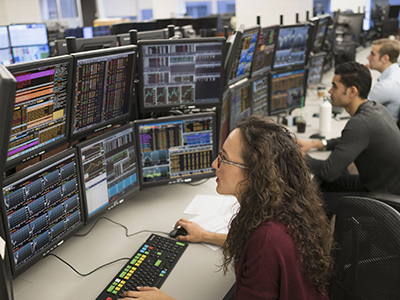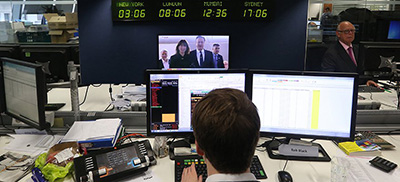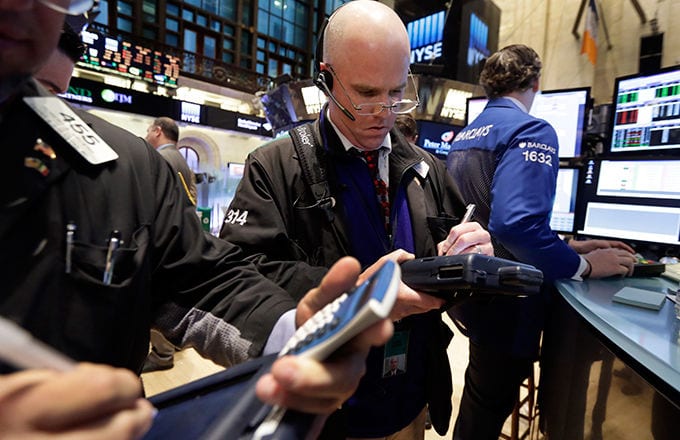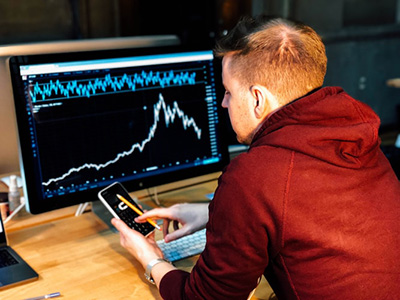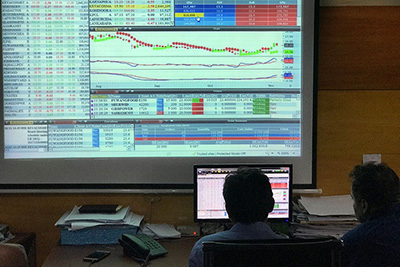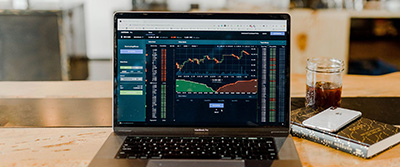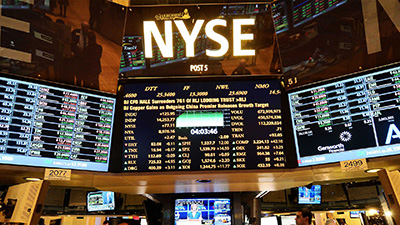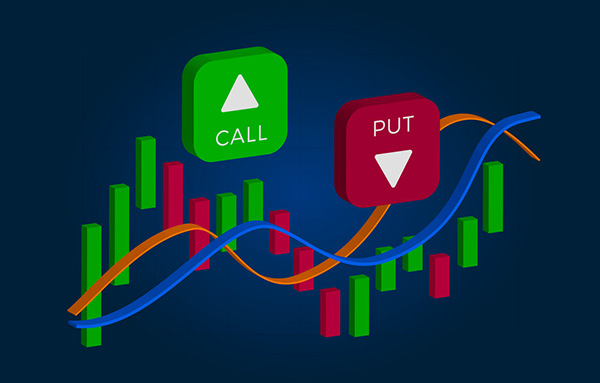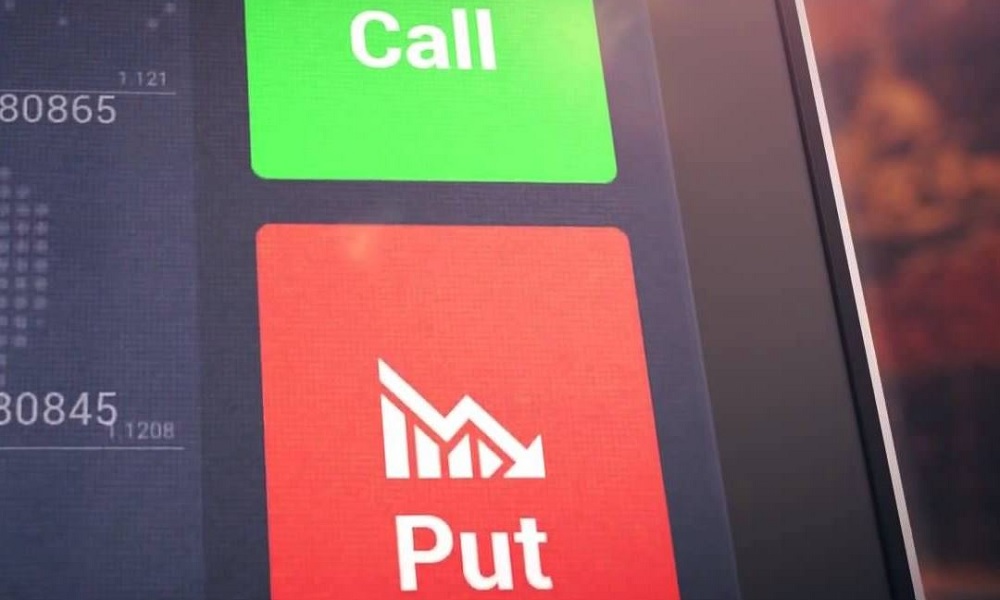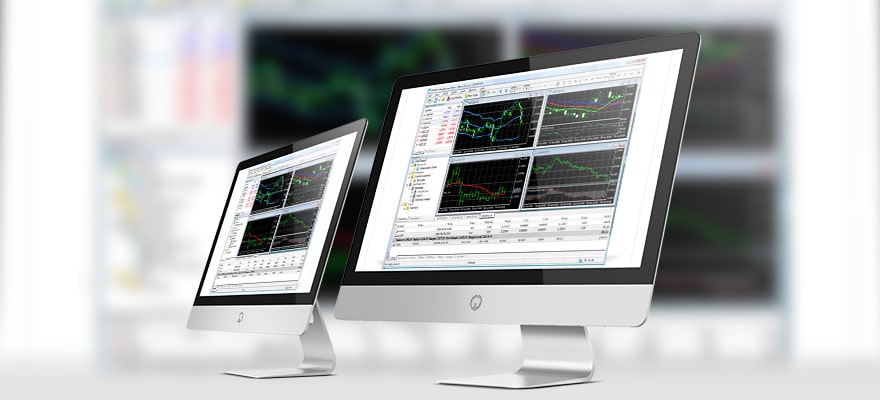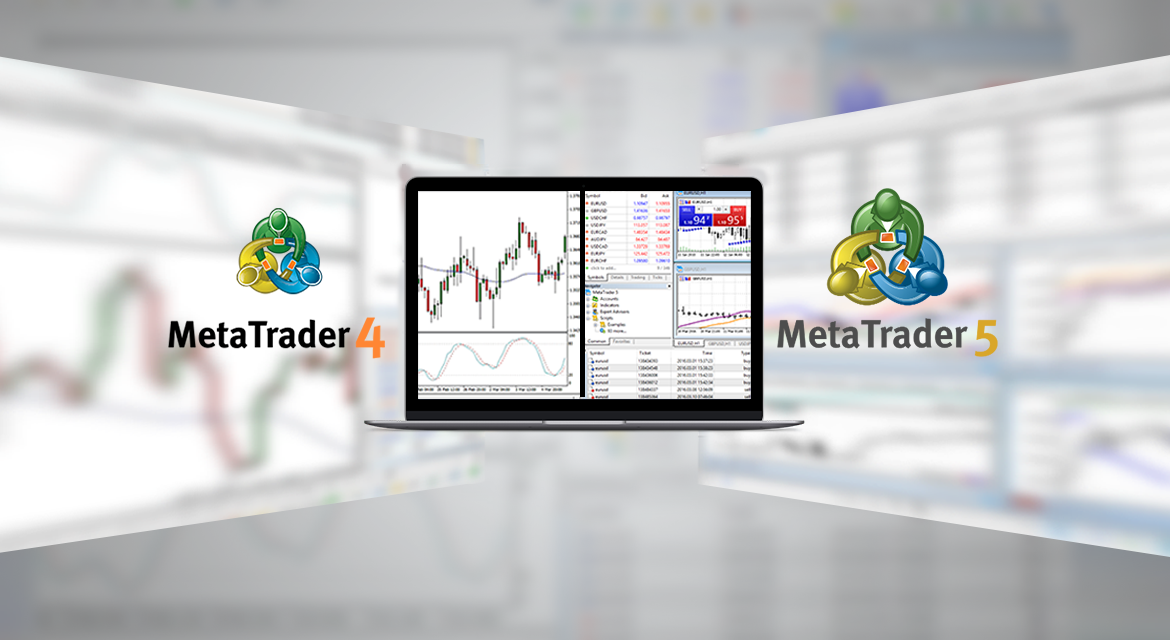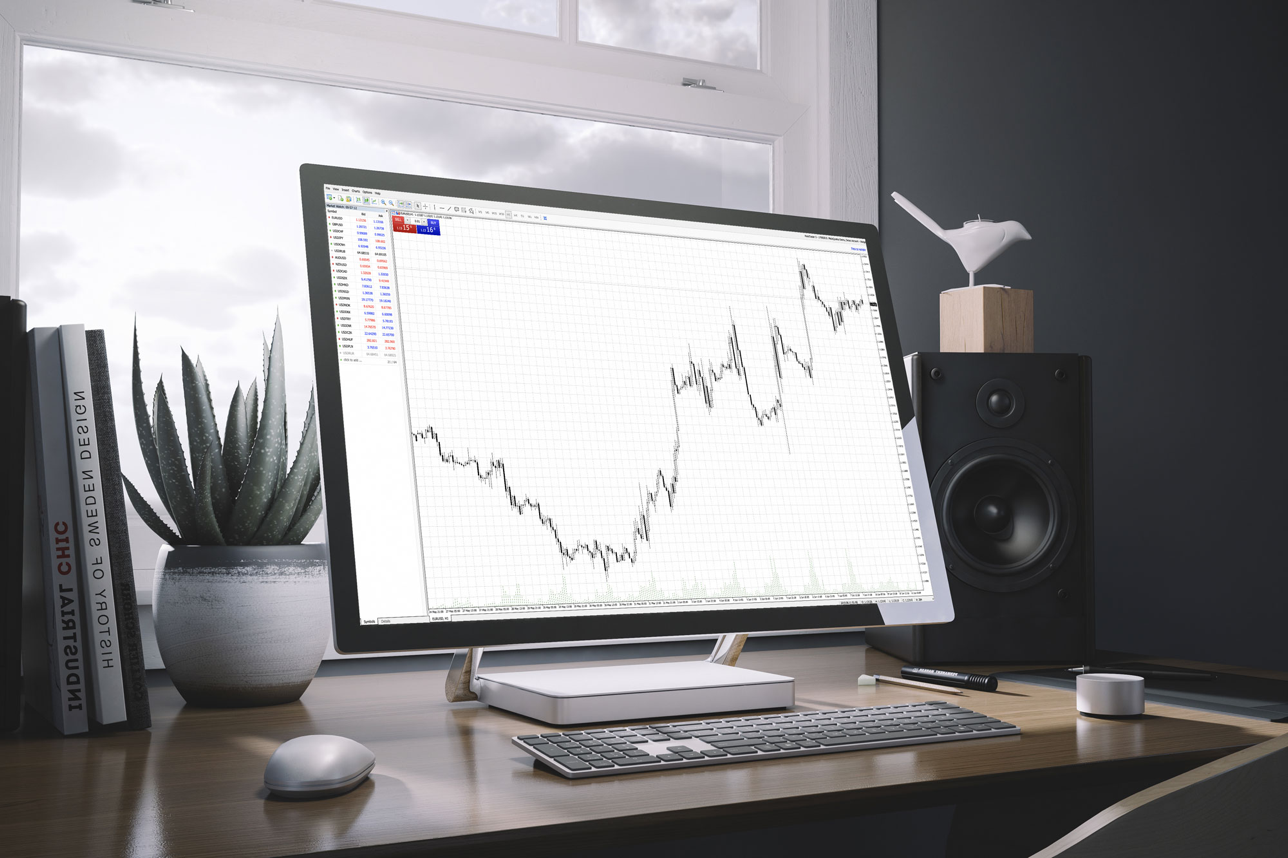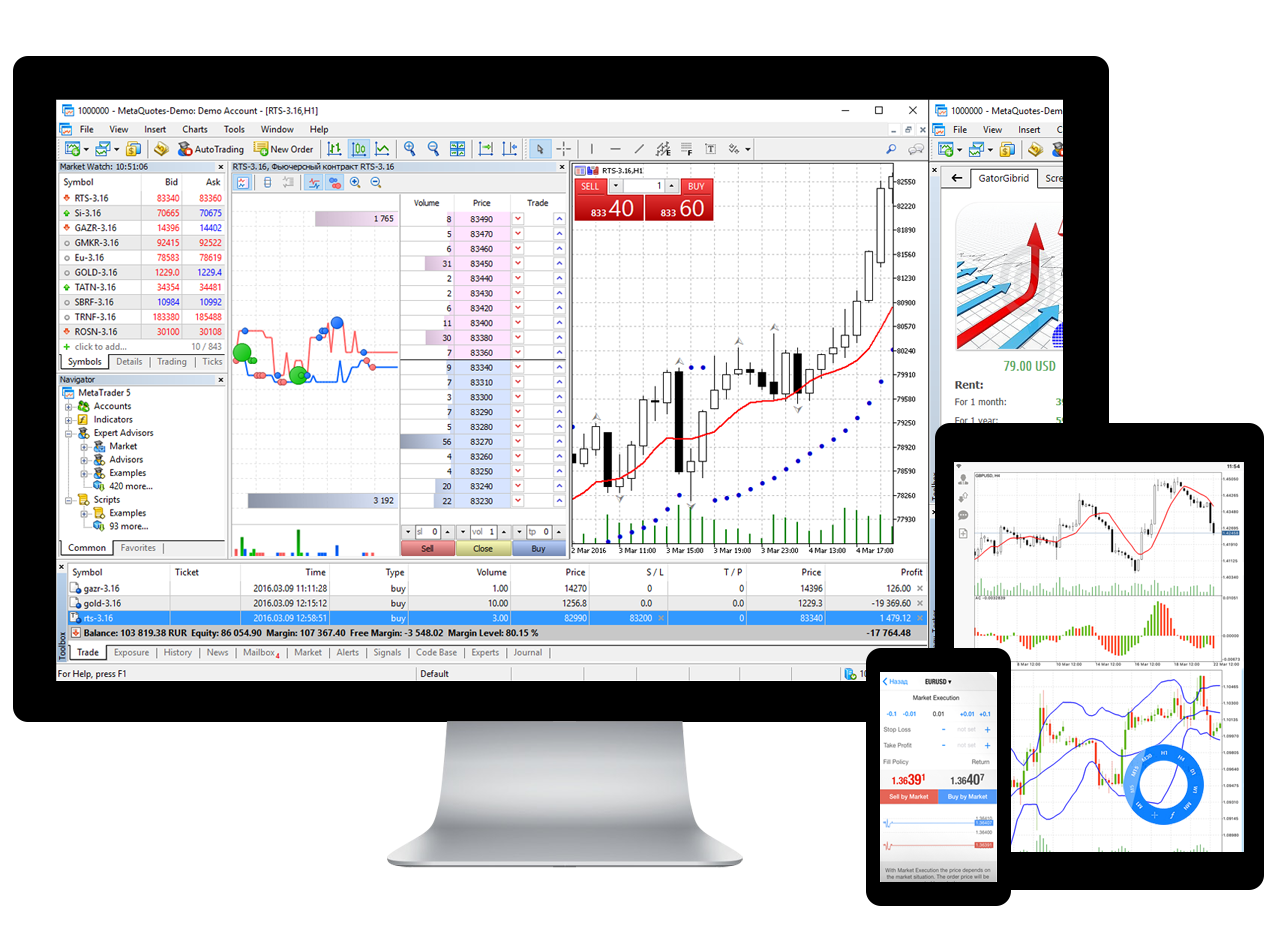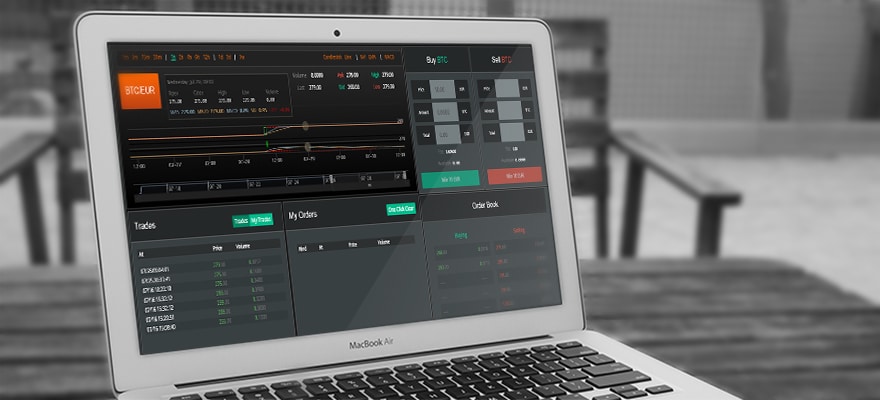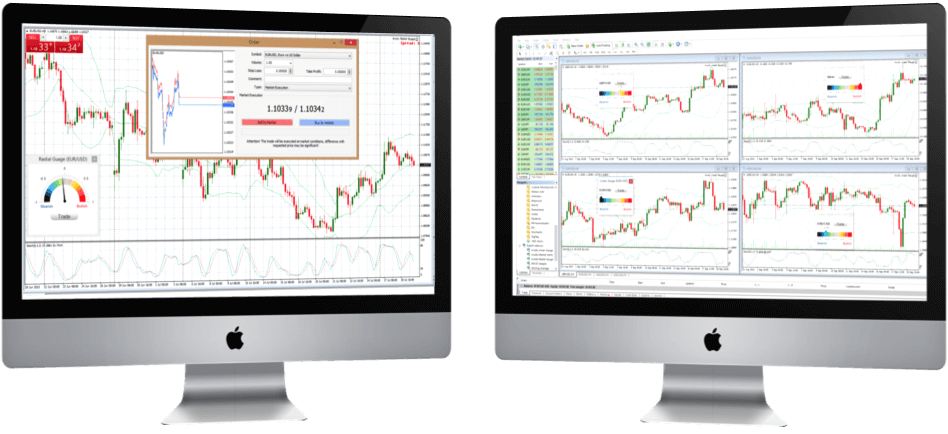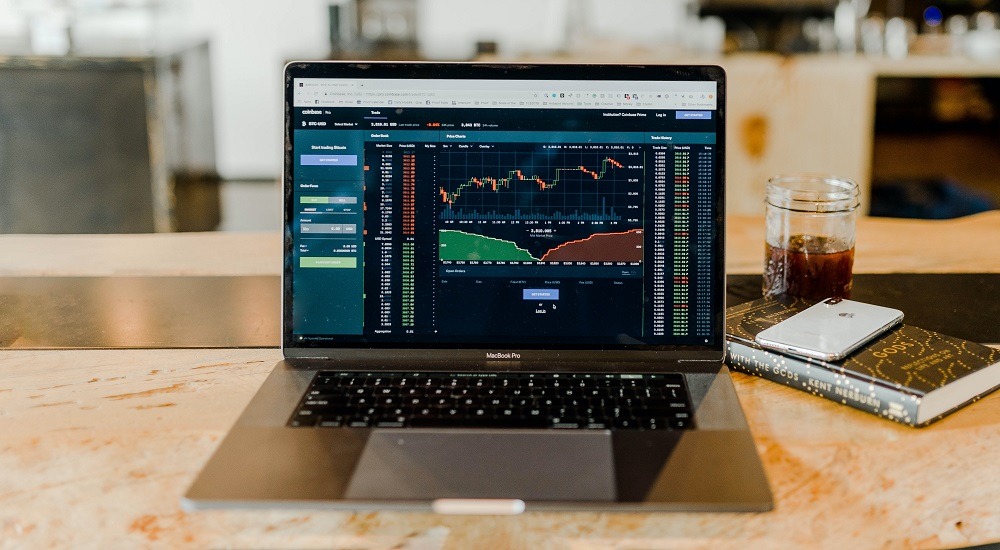
Argue with a broker. How else can you earn on cryptocurrency
Some time ago, Bitcoin went up quite strongly. Those who know how to play on the difference in rates could make good money during this hot period for the main coin. We talk about a rather risky way to get digital money with the help of an intermediary – a crypto broker.
Cryptobroker is not a magic wand for quick money
A Google search engine for a key request “broker” will give out a hundred images of people in white shirts holding their heads or clutching a telephone receiver against the background of stocks and stock market quotes. Similar pictures are often found in American films about Wall Street. In the real world, a broker is a financial organization with a special license. In fact, these are “hands” with which you can buy and sell securities on the stock exchange, conclude contracts and exchange currency.
Although the concept of crypto-broker has appeared in the digital industry, its definition is rather vague. In fact, there are Forex brokers who provide services for transactions – the purchase or sale of CFD contracts. The client does not buy or sell bitcoins and altcoins, but only opens contracts for price differences.
A WhiteLabelsFX specialist says that the CFD resembles a bet that a trader makes with a crypto broker in an attempt to predict whether the price will fall or rise. At the same time, he does not receive a physical right to own a cryptocurrency, but only makes money on his forecast regarding how the course will behave in the future.
Companies that provide the opportunity to trade cryptocurrencies through contracts for difference (CFDs), set one goal: to earn on the desire of the trader to earn income as a result of speculation. They, unlike cryptocurrency exchanges, do not carry out a real exchange of cryptocurrencies.
Advantages and disadvantages of crypto brokers
CFDs allow you to open transactions for both purchase and sale, which is especially true at the time of correction. Also, a broker can give increased leverage. On the one hand, this increases the risk, and on the other hand, it makes it possible to earn several times more on short-term operations.
Leverage allows a trader to make transactions with a value exceeding his own capital in the account. The crypto broker pledges a part of the trader’s funds and provides him with a loan to open a position. That is, in fact, adds equity to transactions. This is the essence of margin trading, which allows speculative operations with digital coins received on credit against a pledge of a certain amount (margin).
A loan of 1: 100 indicates that a trader can use the amount 100 times higher during operations than he has on his balance sheet. However, due to the high volatility of digital money, many brokerage platforms began to reduce their leverage. With successful trading, the trader’s income grows in proportion to leverage, with unsuccessful – the same scheme, only to decrease.
Crypto brokers are controlled by regulators and independent auditors. In addition, traders do not need to buy cryptocurrency to replenish the deposit. Money is deposited in banks with world-famous names. Among the shortcomings, the analyst identifies a limited offer of cryptocurrencies, the inability to exchange one coin for another and the fees that brokers charge for transferring transactions the next day. Another minus is the fixed and high spread (the difference in price between buying and selling) – more than $ 20 against $ 0.5 on the Bitmex exchange. At the same time, the spread is always floating on the cryptocurrency exchange.
The difference between cryptocurrency exchanges and crypto brokers
In addition to CFD contracts and leverage, brokerage services have another functionality that is more diverse than exchanges. Crypto brokers provide analytical tools and charts that help traders form investment portfolios and manage risks. Regulated brokers also work with payment systems and banks, therefore they offer more deposit / withdrawal tools than crypto exchanges.
In fact, there is no difference between the classic centralized exchanges and the platforms that brokers have access to, except for the main one. Exchange trading involves a glass of applications for the purchase and sale, reflecting the real volume. Brokers, in turn, form one quote at a time, the volume of a transaction is actually limited only by the ability of the broker to distribute the application to several sources or to take the risk upon himself.
Crypto brokers work with trading terminals – this is a set of scripts that display full information on the cryptocurrency market. There is similar functionality on every exchange, but it is limited in comparison with what brokers use. When choosing an intermediary, it is important to consider which terminal it works with. The most popular programs among crypto brokers are MetaTrader 4 and MetaTrader 5, enough to have white label for metatrader 4 or metatrader 5
OTC brokers
OTC or over-the-counter is an over-the-counter market where trading occurs according to non-standard rules. The first OTC brokers appeared in 2013, they acted as over-the-counter intermediaries between buyers and sellers of large amounts of cryptocurrency. In fact, you can buy a large amount of digital money on a traditional centralized exchange, but the whole amount may not be on a specific platform. In addition, as the order completes, prices for purchased coins will begin to rise, so there is no fixed rate for such transactions.
If you have a desire to buy or sell a significant amount of cryptocurrency, then, going to the stock exchange, you will inevitably encounter liquidity problems. The crypto market is much inferior to the market for traditional financial assets. Having experience and extensive connections in the crypto industry, OTC provides liquidity and execution of applications of large clients and companies. This happens both due to the fragmentation of one application between multiple exchanges, and due to insurance positions with their subsequent sale in shares.
The cryptocurrency market’s volatility is high, even the top-coin rates can crash or soar at any moment. A crypto broker is not a magic wand for quick earning of digital coins, but an additional tool for those who are not only not afraid to take risks, but are also ready for a long and painstaking understanding of the complex rules of exchange trading.






